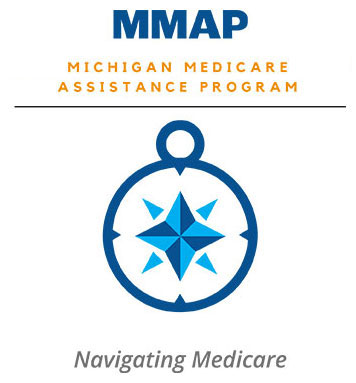“Many positive responses.” “Easy to do.”
Posted onTuesday, January 21, 2020 9:50 am Posted in Health, Inside Veterans Health by VAntage Point Contributor 474 views
Veterans with cancer who undergo aggressive therapies often endure adverse effects. The worst symptoms usually happen at home following chemotherapy or other treatment.
As a result, a team at the Minneapolis VA Medical Center in Minnesota enlisted the help of Annie – VA’s automated text messaging system. The intent is to provide these Veterans with increased support for symptom management.
“Patients know they are experiencing symptoms, but they don’t always know when it’s too much or how to react,” explains Connie Jaenicke, NP. Jaenicke is a nurse navigator in the Minneapolis hematology/oncology department.
“We worry about patients not seeking treatment for these symptoms early enough to avoid a hospitalization. As a result, this can worsen a patient’s quality of life unnecessarily and delay or preclude future chemotherapy.”
Surveyed Veterans had only positive things to say about using Annie.
Two years ago, Minneapolis became one of the first VA locations to participate in a pilot program to test Annie. Around the same time, scientists published studies citing evidence that online self-management tools reduced cancer symptom distress and improved quality of life.
From idea to protocol to study
As the idea formed that Annie could be used similarly, a clinical team from the oncology department convened. The team included Jaenicke, clinical nurse specialist Kathleen Nelson, oncologists Drs. Mark Klein and Evan Mariash, registered nurse Bev Foss and physician assistant Kim Smith.
In addition, they enlisted Lara Carson, RN, and My HealtheVet coordinator; and Dan Greenwood, Veterans health education coordinator, to help map out a message protocol for symptom self-management.
Finally, the group and members of the Annie Connected Care team developed the protocol and recruited 15 Veterans to participate in an eight-month study.
The report was published in the August 2019 Supplemental Edition of Federal Practitioner. It is titled, “Use of Mobile Messaging System for Self-Management of Chemotherapy Symptoms in Patients with Advanced Cancer.”
Here’s how the study protocol worked
Annie sent Veterans text messages twice daily, Monday through Friday, asking them to rate a symptom using the following severity scale:
• Absent (0)
• Mild (1)
• Moderate (2)
• Severe (3)
• Disabling (4)
Symptoms included nausea/vomiting, mouth sores, fatigue, trouble breathing, appetite, constipation, diarrhea, numbness/tingling and pain. In addition, Veterans could input a symptom if Annie hadn’t asked about it. Annie asked whether they had a fever or not.
When Veterans replied to a symptom inquiry, Annie sent an automated message response based on the severity scale:
• Offer positive affirmation that they were doing well (0)
• Give advice for home management (1)
• Refer them to an educational hyperlink (2)
• Ask them to call a direct number to the clinic (3)
• Instruct them to report directly to the emergency department (4)
The results and what’s next
None of the Veterans reported disabling symptoms. In addition, all replied with symptom ratings and received self-management guidance. In a follow-up participant survey, Veterans offered many positive responses. Equally important, none reported technology challenges. All said it was easy to do, and many felt empowered by the texted advice for symptom self-management.
“The most unanticipated response was how many Veterans said they felt validated when Annie said they were doing well,” Jaenicke says. “That’s a tribute to the messages Lara and Dan helped us craft, like ‘Good job’ and ‘Happy to hear you’re not experiencing nausea.’”
As a result, Annie is available for use at VA facilities nationwide. Developers have tested and approved a wide range of Annie message protocols to help Veterans with self-care. Along with an updated version of the oncology protocol, there are protocols for blood glucose monitoring, hypertension, medication reminders, weight management, anxiety and many others.
Carson also helped develop other Annie protocols. She explains, “As we move toward using technology more often, our hope is that it becomes just as important as prescribing a walker or medicine to help the patient at home.”
